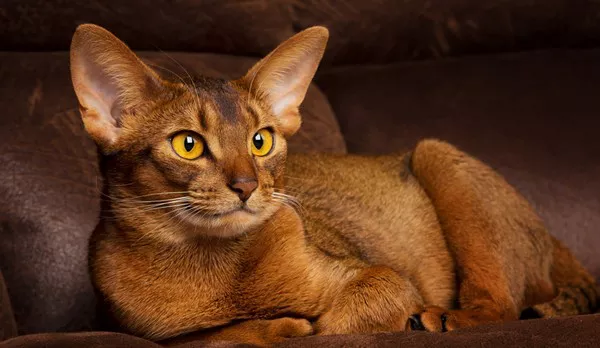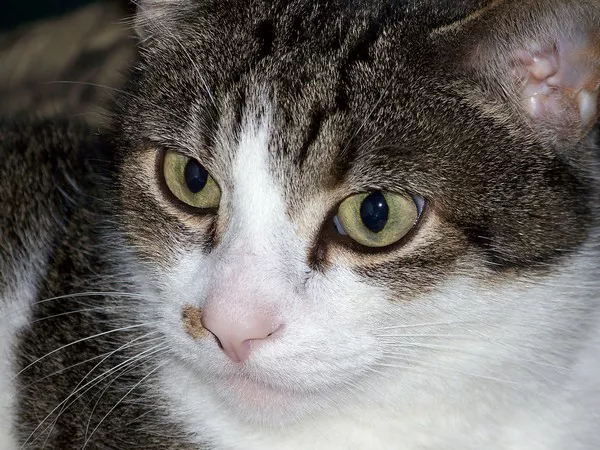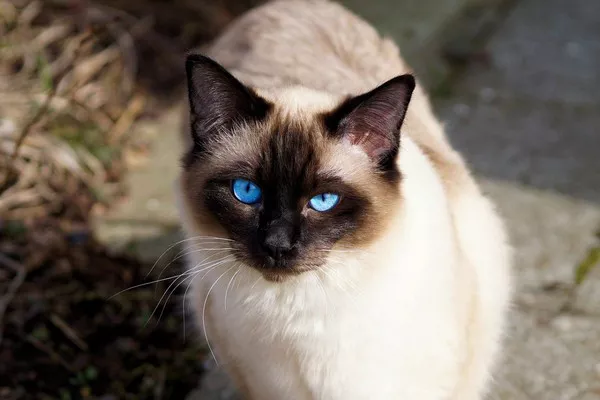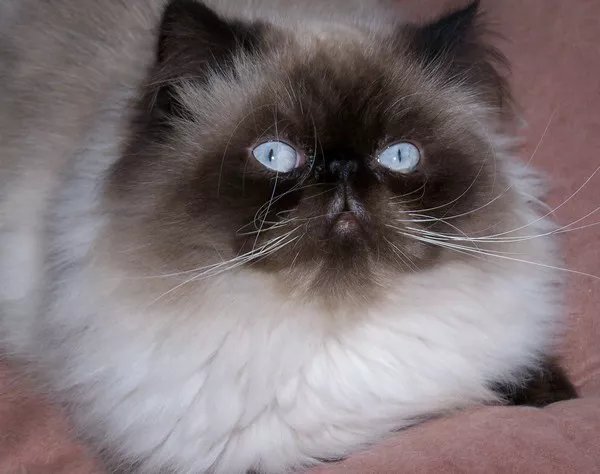In a landmark move, Singapore is set to abolish a 34-year-old ban on keeping cats in government-built apartments, providing relief to feline enthusiasts who have long flouted the prohibition. The Housing and Development Board (HDB) law, established in 1989, will be overturned later this year, allowing residents to legally accommodate their beloved pets.
Sunny, a law-abiding citizen who has harbored her cat, Mooncake, in defiance of the ban for the past three years, is among the many Singaporeans eagerly anticipating the change. The existing law, applicable to the majority of Singapore’s 3.6 million residents residing in HDB apartment blocks, has seldom been strictly enforced. However, the potential threat of a $3,007 fine or pet eviction has loomed over those who chose to keep cats.
The HDB, responsible for selling government-built units directly to citizens on 99-year leases, justifies the ban by citing concerns about cats being difficult to contain within flats, shedding fur, and causing inconveniences to neighbors. The decision to revoke the ban follows a 2022 official survey in which 9 out of 10 respondents expressed agreement that cats were suitable pets for HDB flats.
Authorities are currently seeking public input on the proposed cat management framework, expected to be implemented later in 2024. Under the new regulations, HDB residents will be allowed to have up to two cats, with mandatory licensing, microchipping, and the installation of mesh screens on windows to prevent falls.
While the lifting of the ban is welcomed by many, some cat advocates, such as Thenuga Vijakumar from the Cat Welfare Society, are pushing for additional measures, including mandatory sterilization. Cat rescuer Chan Chow Wah emphasizes the need for penalties for irresponsible owners, recounting instances where he had to cover medical bills for abandoned cats.
Market analysts predict a surge in cat ownership following the regulatory change, with Euromonitor International estimating Singapore’s pet population at 94,000 cats and 113,000 dogs. Lawmaker Louis Ng, a former head of an animal welfare group, hopes the shift will encourage more adoptions of rescued cats.
While some cat owners believe the new regulations fall short, many, including Sunny, see the upcoming change as a positive step forward after three decades. “I think it’s a good thing and it’s a step forward after 30 years,” she expressed, welcoming the peace of mind the impending legal shift will bring to cat owners in Singapore.























